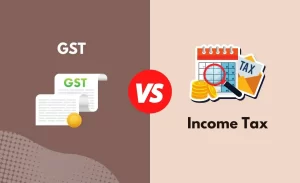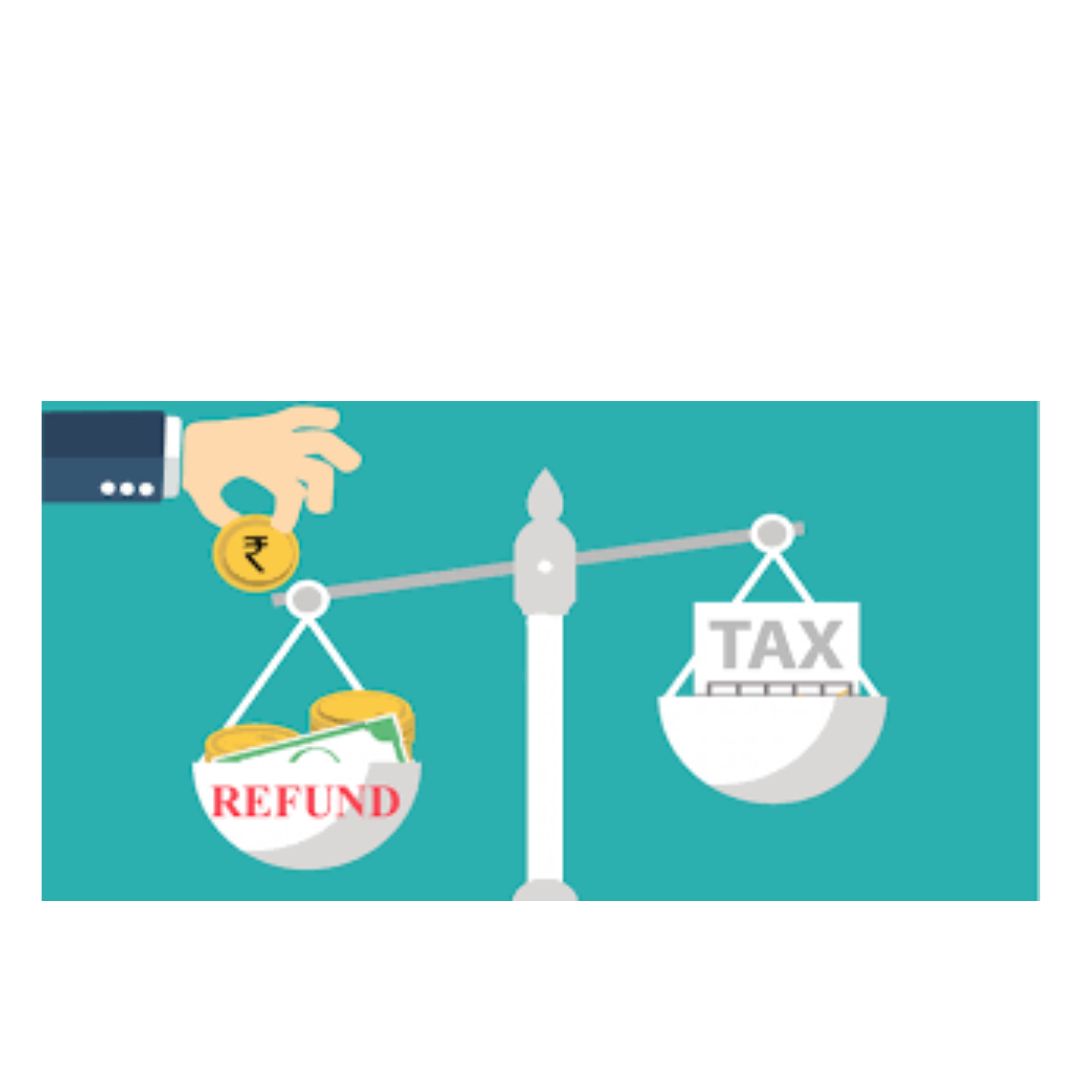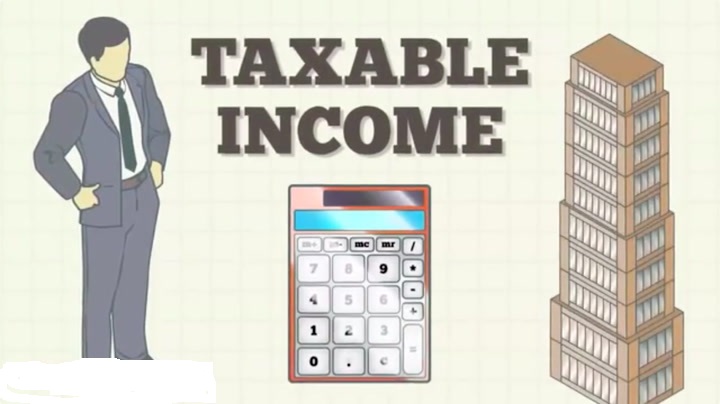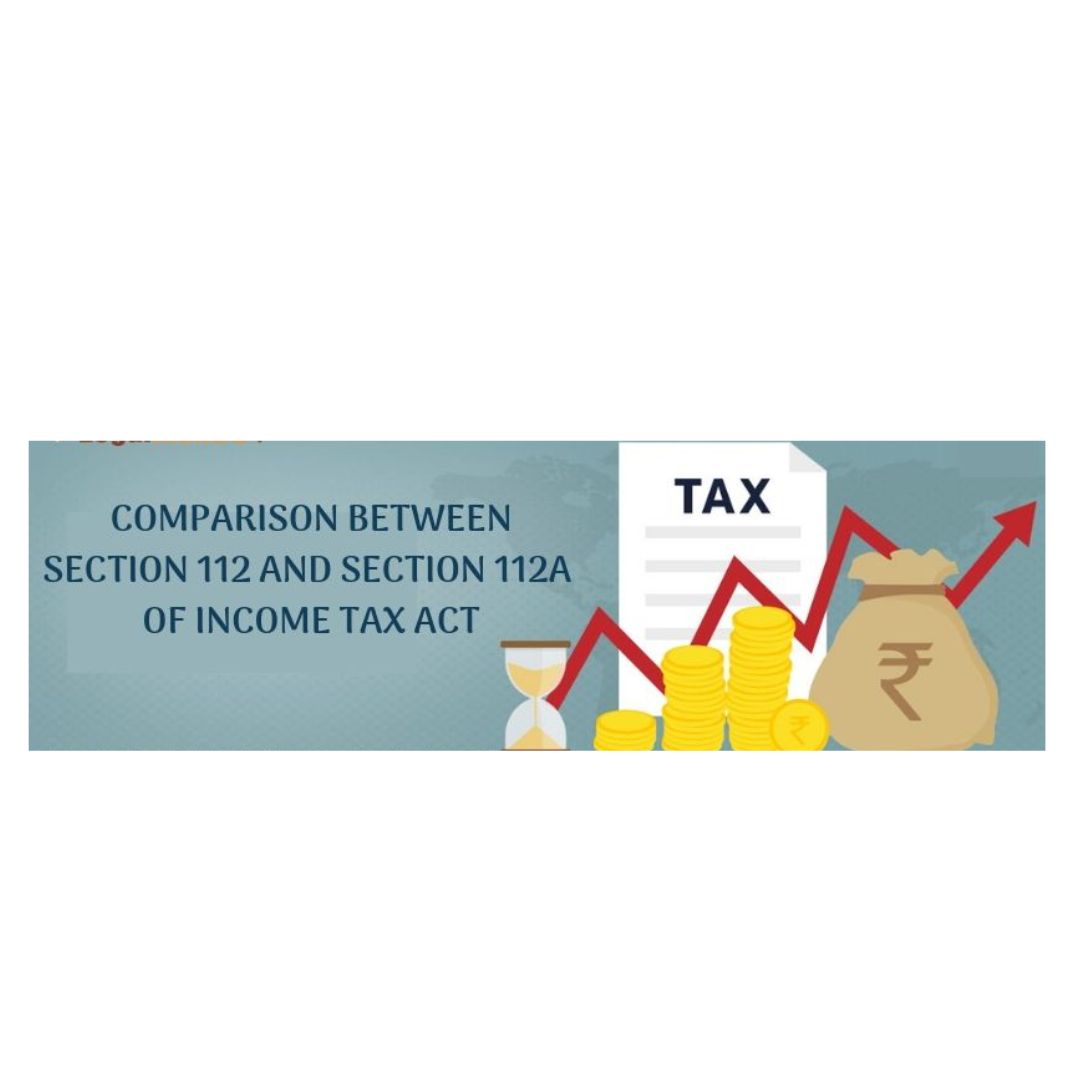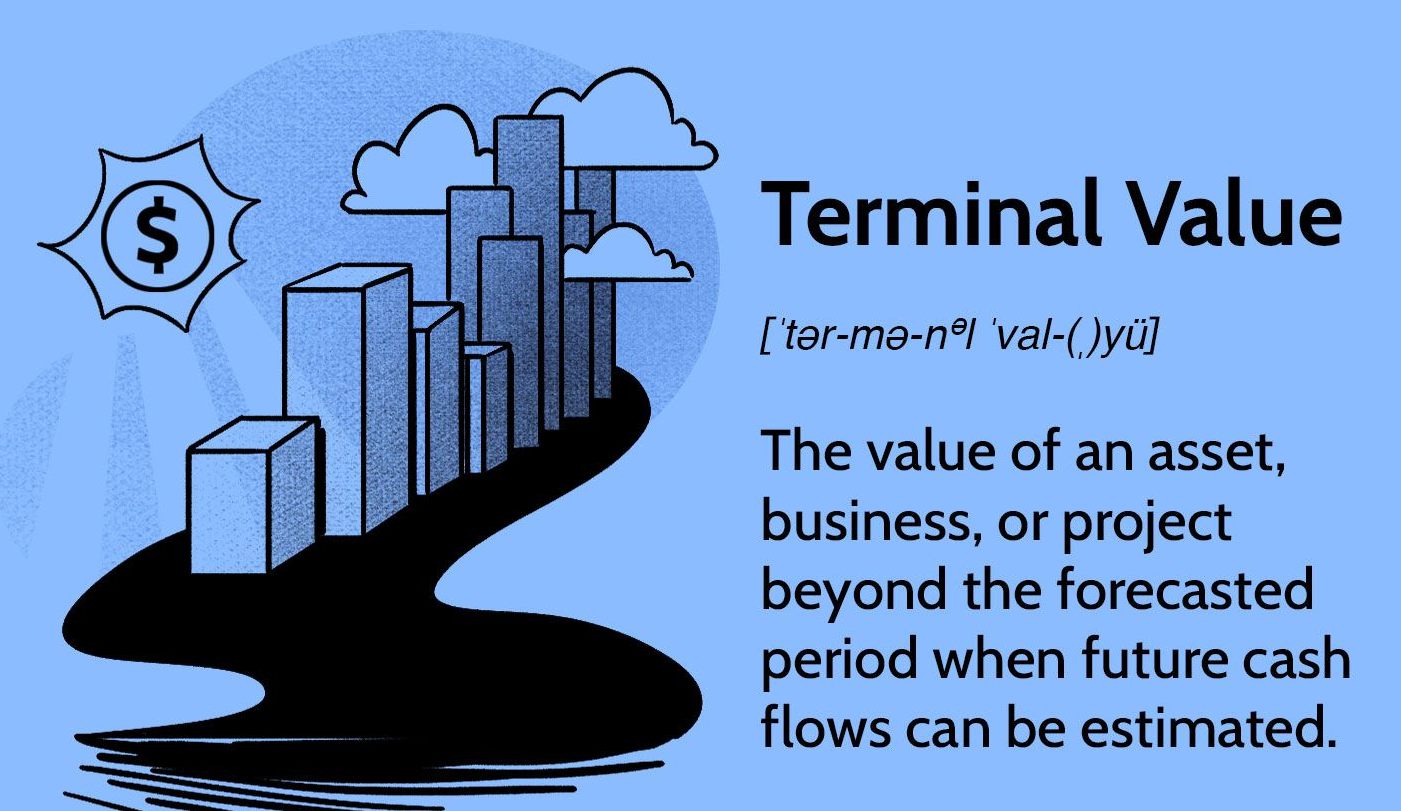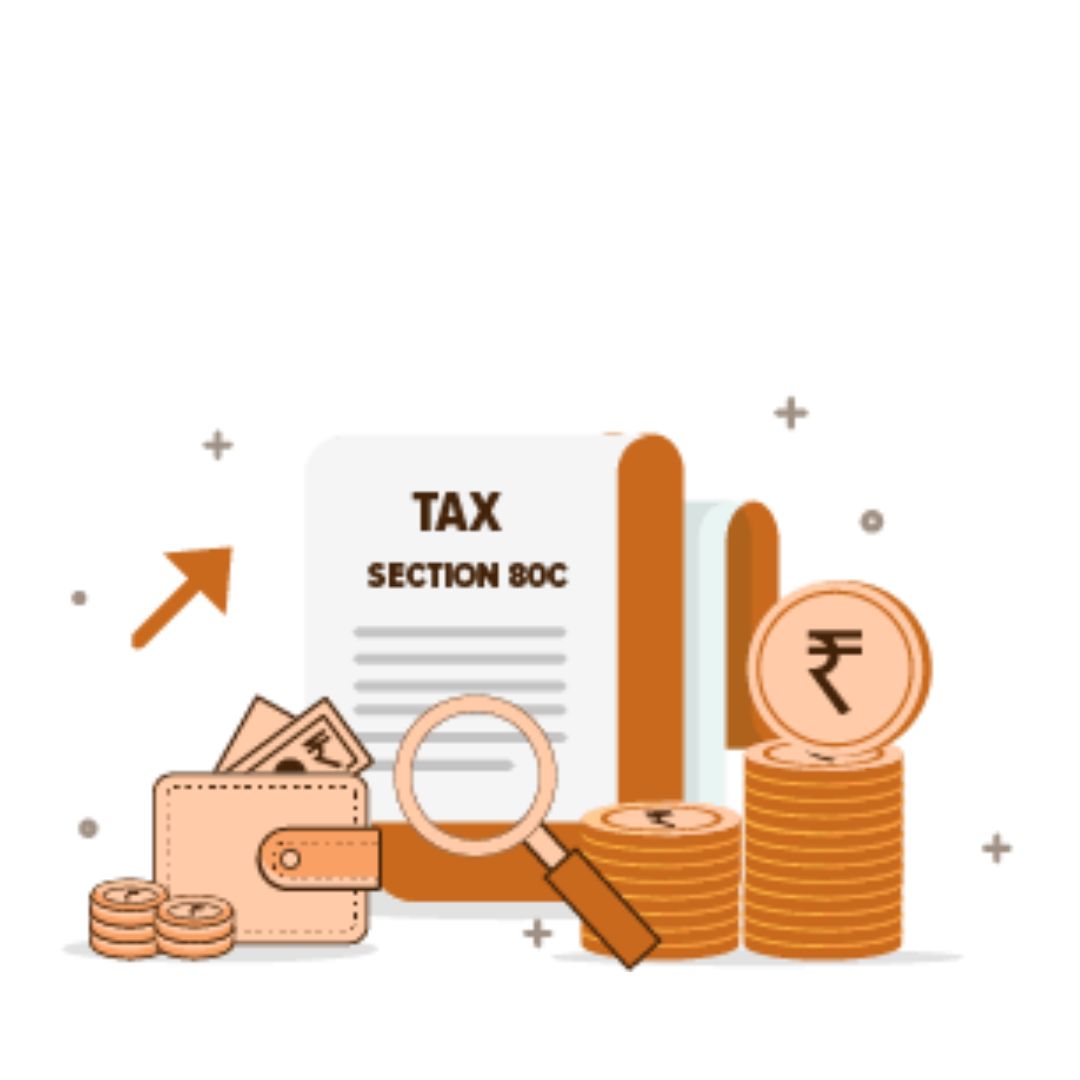Q411 How do I convert regular GST to composition
Convert regular GST to composition Convert regular GST to composition: To convert regular GST to composition scheme in India, you need to follow the below steps: 1. Log in to the GST portal (www.gst.gov.in. (http://www.gst.gov.in/)) using your registered credentials. 2. Go to the “Services” tab and select “Registration”. 3. Click on “Application to opt for… Read More »


